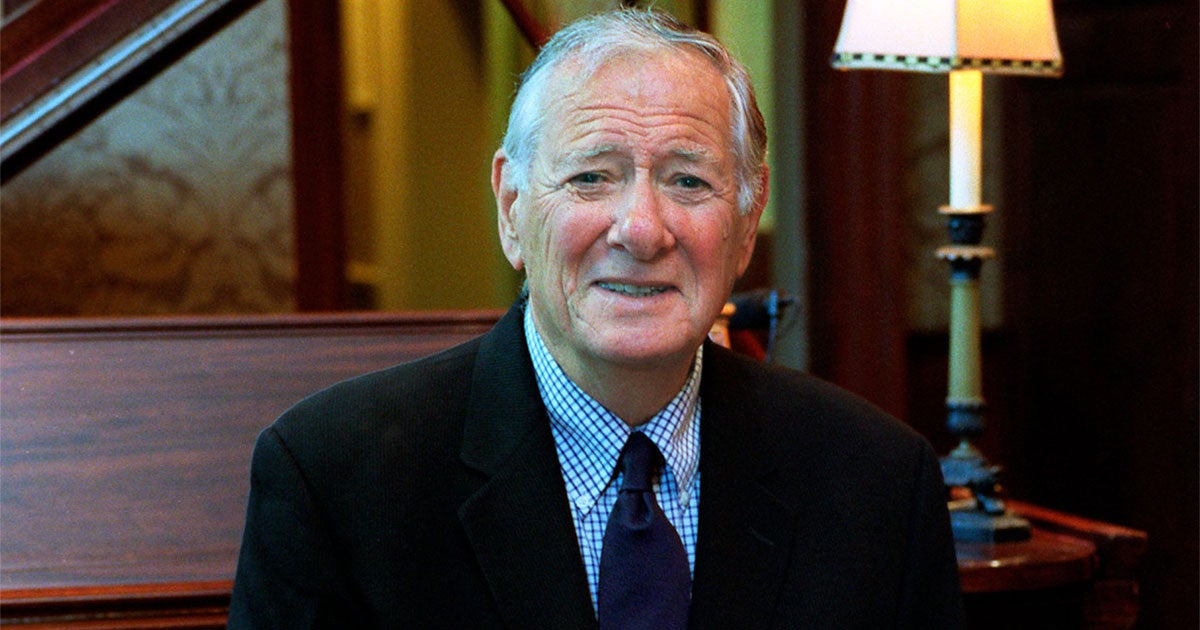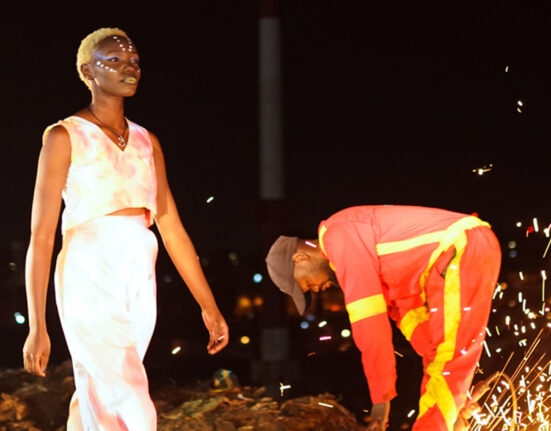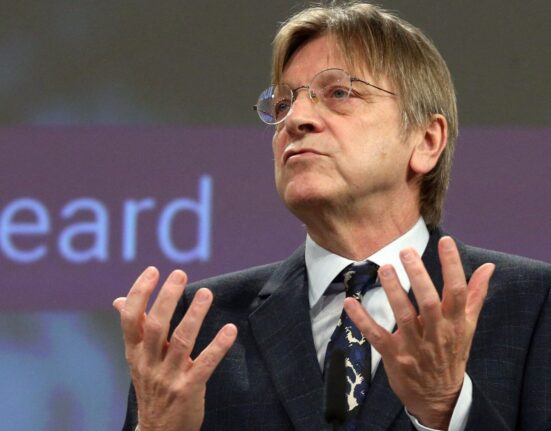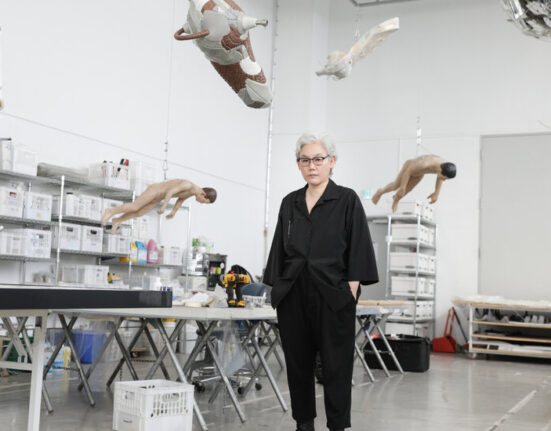When Robert Brustein died on Oct. 29 at the age of 96, he left behind a legacy as a teacher, playwright, critic, occasional actor, and author. But central to the pugnacious longtime Cambridge resident was his role as an innovator and creator of theater, notably at Yale and Harvard, where he founded the American Repertory Theater in 1980 and served as its artistic director until 2002.
Early in his long career Brustein became a champion of vibrant nonprofit theater unafraid to embrace new plays, playwrights, and forms. His vision of American theater involved the proliferation of local companies across the country, each with its own independent voice, existing apart from what he viewed as the stifling, monied New York drama scene.
“Bob was one of the major forces that created the regional theater movement,” said Diane Paulus ’88. The A.R.T.’s Terrie and Bradley Bloom Artistic Director praised the theater founder’s “bold, innovative theatrical vision.”
Robert Sanford Brustein, born in Brooklyn, New York, in 1927, made his way through academia on his way to Cambridge. A graduate of New York’s High School of Music and Art and Amherst College, he earned an M.A. in dramatic literature from Columbia University.
But while he taught at Columbia, Vassar, and Cornell, publishing his influential book on “The Theatre of Revolt” along the way, his first major role in theater came in 1966, when he was named dean of the Yale School of Drama. Charged with revitalizing the school by Yale’s then-president, Kingman Brewster, he opened it up to undergraduates, broadened its scope to include literature of the theater, and founded the Yale Repertory Theatre.
With its focus on new works, including those by emerging playwrights, the Yale Rep established a challenging new model for repertory theater, one that would later form the basis for the A.R.T.
It was as an undergraduate at Yale that A.R.T. trustee Bob Murchison first became aware of Brustein’s work. “He insisted that a play, whether new or ancient, is not a fixed canvas, and requires interpretation by the artists,” said Murchison.
That relationship lasted until 1978, when the new president at Yale, Bartlett Giamatti, declined to renew Brustein’s contract, and in 1980 Brustein came to Cambridge. At Harvard, he would serve as a professor of English, director of the Loeb Drama Center, and founder of the Institute for Advanced Theater Training.
He also became the artistic director of what would soon evolve into the A.R.T., which launched later that same year with a production of “A Midsummer Night’s Dream.” (Brustein played the role of Theseus.)
Karen MacDonald, a Boston-area actor, was part of the A.R.T.’s company from its inception in 1980 until 2010. “It was very exciting to be a part of this new venture that was taking place at the American Repertory Theater at Harvard,” she recalled. “[Brustein] was putting together a group of people, both onstage and offstage, directors, designers, and the folks who worked backstage with us.
“We bonded very quickly and became a real company,” she said. “I wouldn’t have met my husband if it wasn’t for Brustein.” Her spouse, David Remedios, served as head of the A.R.T.’s sound department.







